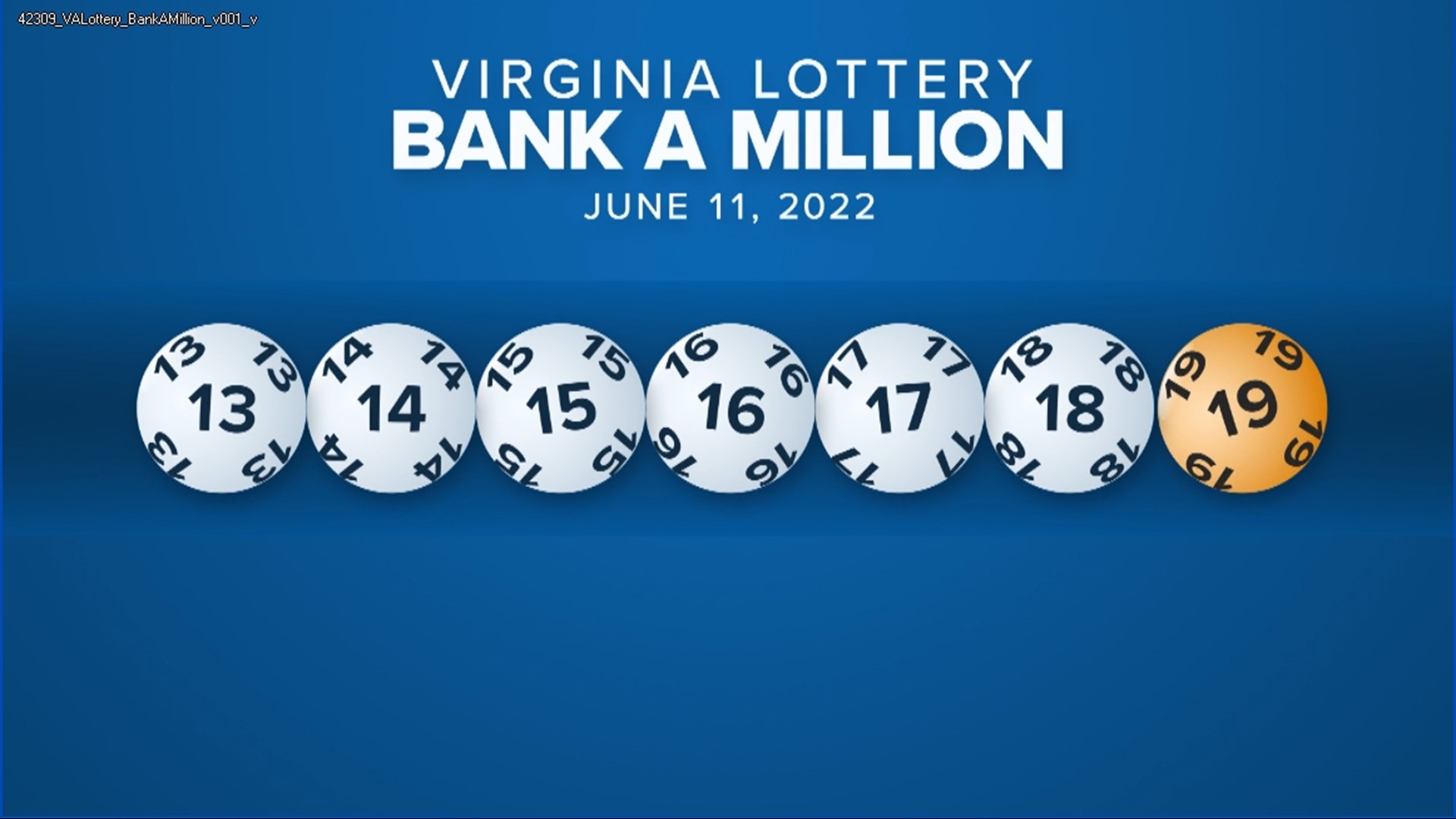What Is a Lottery?

A lottery is a game in which participants pay a small amount of money for the chance to win a large sum of money or other goods or services. There are a wide variety of different lotteries, but all have the same basic elements: a mechanism for recording the identities and amounts staked by bettors; a process for selecting winners; and a means of determining whether a ticket is one of the winning ones.
The term is most commonly used to describe state-sponsored games of chance, but private lotteries may also exist. They are typically regulated by federal and state law to ensure their honesty and integrity. State-sponsored lotteries have a long history in the United States, and they continue to be very popular. Many people believe that the lottery is a great way to raise money for charity, and this is indeed often the case. However, it is important to understand the underlying dynamics of lotteries to assess whether they are beneficial for society as a whole.
When a person buys a lottery ticket, they are committing to a risky proposition that is unlikely to yield significant rewards. It is not unusual for the person to lose the money they invest in a ticket, and this loss should be viewed as an unavoidable part of any gambling venture. Nevertheless, there are many people who find great pleasure in playing the lottery, and for them it is an entirely rational activity.
Most states adopt lotteries in order to generate revenue for a variety of public purposes, including education, infrastructure, and social welfare programs. In the past, state governments promoted lotteries by arguing that they provided a painless source of tax revenue, as the proceeds came from players who voluntarily spent their own money rather than being forced to pay taxes. This argument is particularly persuasive in times of fiscal stress, when state government officials seek ways to reduce budget deficits without imposing painful cuts in services.
The history of lotteries is a long and winding one, with roots in both religion and commerce. Some of the earliest examples of lotteries were religious in nature, raising funds for the poor or for church construction. The earliest known printed lottery tickets were found in the Low Countries in the early 15th century, and advertisements for them appeared in the same year.
Americans spend over $80 billion per year on lottery tickets, and the bulk of this spending comes from those in the 21st through 60th percentile of income distribution. These are individuals with enough discretionary income to make the gamble, but not enough to fund other priorities. They are also not in a position to benefit from the American dream or other opportunities for upward mobility, and so they turn to lotteries as a way to get out of their current economic situation. This makes the lottery a regressive form of gambling. Moreover, it sends the message that wealth and opportunity are not created through hard work, but rather through luck of the draw.